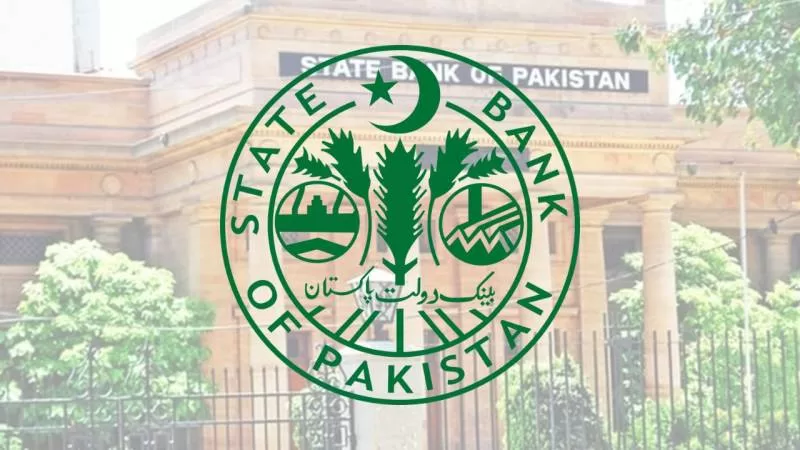Ikram Sehgal
I want to start with Pakistan’s location as geography plays an important role in the development process. We cannot choose our neighbours. We are unfortunate; we have India on one side and one of the most ungrateful nations on this Earth on the other side, Afghanistan, our policy on Afghanistan is incalculable and, in my view, a completely messed-up policy. I am sorry that we adopted the two most illogical policies for Bangladesh and Afghanistan. The first one was the belief that the defence of the East lies in the West; it resulted in the 1971 tragedy as we lost East Pakistan.
The second one was that Afghanistan gives us strategic depth. I think Afghanistan just gives us strategic headaches, nothing else. The point is, we are blessed with geography. We are blessed in several ways. We have the second-largest copper and gold reserves in the world; the third-largest coal reserves in the world; We have the fourth-largest cotton production in the world; the fifth-largest milk-producing country in the world and we are the sixth-largest wheat-producing country in the world. Also, we are the seventh-largest rice-producing country in the world. We have the means of making nuclear warheads. We have the means of delivering them. This is a country we should have been going to because of its geographical location.
We are a part of South Asia, Central Asia, and the Middle East. Surprisingly, when India excluded us, much of South Asia seemed to deny our connection. However, the World Economic Forum recognized us as part of Euro-Asia. We are, in their terms, a crucial link to Euro-Asia, as communication cannot flow seamlessly through India. It has to halt at Karachi or Gwadar before continuing through Central Asia to Europe. Looking westwards, from Chahbahar to Saudi Arabia and onto Africa, we are geographically blessed.
So, my point is that it’s not a matter of choosing our geography, as I mentioned at the start. I wanted to highlight something from Dr Ishrat’s book, ‘Development Pathways India, Pakistan, and Bangladesh at 75.’ According to the book, Bangladesh did not invest much in the defence industry, which, in my opinion, is incorrect. In 1971, Pakistan had three and a half divisions, lightly equipped, mostly without artillery or armour. Now, Bangladesh has 10 divisions, and the question arises, who are they preparing to fight? All these divisions are in proximity to India. They have significantly increased their military strength from three and a half divisions to ten, including an almost armed division in the north. While it’s unclear who Bangladesh wants to confront, the reality is they are investing heavily in defence.
My point is, that we need to look inward. I agree with our economists and their emphasis on addressing fundamental issues.
I suggest the following solutions: Number one is to simplify taxation. Taxation is horrendous in this country. You and I cannot fill out our tax forms. Number two is for God’s sake, don’t tax electricity bills. If you tax your electricity bills, you’re passing it on to the consumer. Why should he pay taxes on his electricity bills? It is an example nobody has heard of.

Number three, why tax fuel? Let me share the best period that Pakistan experienced, believe me, it was during the pandemic when interest rates dropped from a high to 3%. In my Security Services Group with about 12,000 employees, we wouldn’t have survived. We were prepared to lay off 2,000 until the State Bank introduced a replenishment plan. With a 3% tax, we managed to survive. There’s a moral here – reducing taxes can be crucial. When you talk about promoting the private sector, it’s essential to create an environment where the private sector can thrive. Theoretical support for the private sector is not enough; you need to keep taxes and interest rates reasonable.
I also want to highlight something about Bangladesh. When they denationalized, it was across the board. Even with numerous sick industries, they let them go. They denationalized their most profitable industries as well. Despite having 65 Jute Mills, they denationalized and privatized them, taking the burden off. Eight of those Jute Mills never reopened, but the denationalization and privatization helped alleviate the situation.
Why should we be persisting with PIA, for God’s sake? Why should we persist with Pakistan Steel Mill and some other industries which are white elephants of the economy, we should let them go today, the burden of the inefficiency of the public sector must not be put on the private sector.
So, I am clear on that we can resolve our issues, first, you must simplify your taxation, and second bring your taxes down. Thank you.





